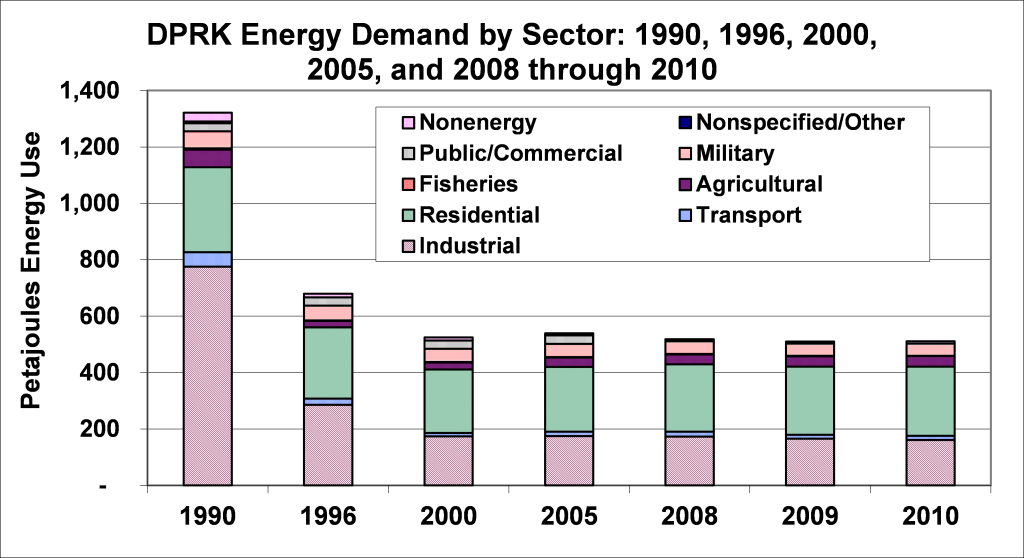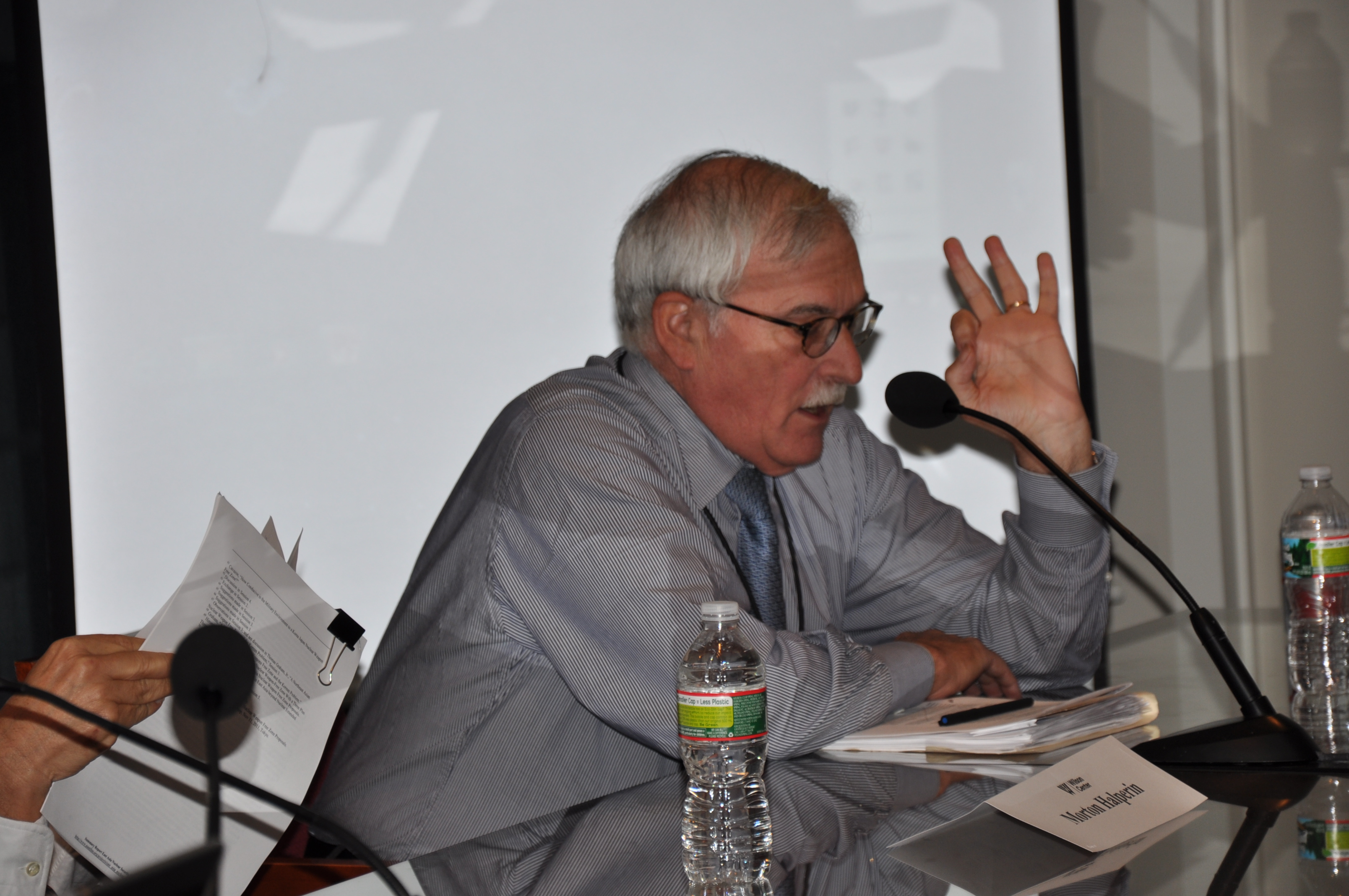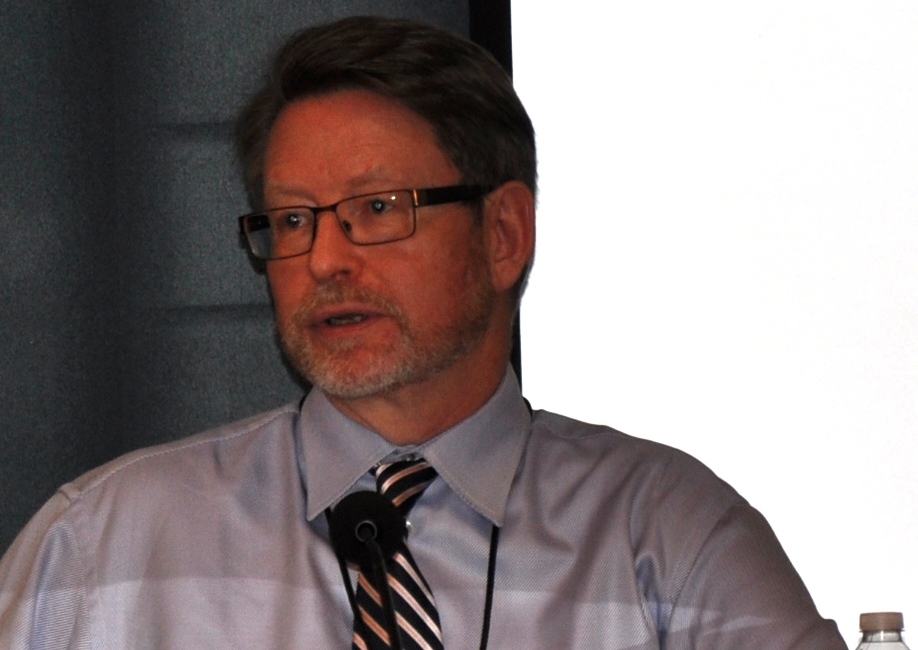Daily Report Archives
Established in December 1993, the Nautilus Institute’s *N*ortheast *A*sia *P*eace and *S*ecurity *N*etwork (NAPSNet) Daily Report served thousands of readers in more than forty countries, including policy makers, diplomats, aid organizations, scholars, donors, activists, students, and journalists.
The NAPSNet Daily Report aimed to serve a community of practitioners engaged in solving the complex security and sustainability issues in the region, especially those posed by the DPRK’s nuclear weapons program and the threat of nuclear war in the region. It was distributed by email rom 1993-1997, and went on-line in December 1997, which is when the archive on this site begins. The format at that time can be seen here.
However, for multiple reasons—the rise of instantaneous news services, the evolution of the North Korea and nuclear issues, the increasing demand for specialized and synthetic analysis of these and related issues, and the decline in donor support for NAPSNet—the Institute stopped producing the Daily Report news summary service as of December 17, 2010.
Nikhil Desai writes: “a new cult – No Carbo(n) promised that if only these people gave up their carbon emitting ways, they will prove their devotion to the new cult. Climate change will be averted and they will not have to migrate to the white people’s lands.”
Nikhil Desai is the Energy Security contributor for the NAPSNet Weekly report.
Go to the article

Sheila Smith writes: “The proposal for A New Approach to Security in Northeast Asia: Breaking the Gridlock offers a fresh perspective on the diplomatic framework for negotiating peace and stability for Northeast Asia. This memo responds to this initiative from the perspective of Japanese security and the shared strategic goals of the U.S.-Japan alliance.”
Sheila A. Smith is a Senior Fellow for Japan Studies at the Council on Foreign Relations.
This report was originally presented at the New Approach to Security in Northeast Asia: Breaking the Gridlock workshop held on October 9th and 10th, 2012 in Washington, DC.
Go to the article

David F. von Hippel and Peter Hayes 1 April 2013 Nautilus Institute This paper was prepared with support from the Hanyang University Energy, Governance and Security (EGS) Center as EGS Working Paper Number 2014-04, available as http://www.egskorea.org/common/download.asp?downfile=2014-04_Working_Paper.pdf&path=board Abstract The term “energy security” has typically meant little more than securing access to sufficient quantities of fossil fuels […]
Go to the article
Saleem Janjua writes that “Adaptation to climate change is increasingly becoming a policy priority for government and private sector organizations across the globe, partly driven by a rationale that successful adaptation will reduce the consequences of climatic impacts that are unavoidable….However, grasping such an opportunity through policy intervention is a major challenge, particularly in the urban sector in developing countries.”
Saleem Janjua is the Climate Change Adaptation contributor for the NAPSNet Weekly report.
Go to the article

Leon V. Sigal: “Whether a peace treaty precedes or follows denuclearization, it is inconceivable that Pyongyang would curb its nuclear and missile programs, never mind give up its nuclear arms and missiles, without a peace process. As long as the United States and South Korea remain its foes, it will feel threatened and want a stronger “deterrent” to counter that threat.”
Leon V. Sigal is director of the Northeast Asia Cooperative Security Project at the Social Science Research Council in New York.
This report was originally presented at the New Approach to Security in Northeast Asia: Breaking the Gridlock workshop held on October 9th and 10th, 2012 in Washington, DC.
Go to the article

Peter Hayes states, “Deploying nuclear capable bombers accompanied by nuclear threat rhetoric will not quell regressive proliferation sentiment in Seoul. Nor will it persuade North Korea’s leaders to desist from nuclear aggression…..quiet actions will always speak louder in Pyongyang than aggressive words.”
Peter Hayes is the Director of the Nautilus Institute and the Deterrence contributor to the NAPSNet Weekly report.
Go to the article

Paul Evans states, “the perverse challenge is that while specific agreements may be possible, a Northeast Asian regional security framework is as far away as ever. In terms of regional architecture, a more muscular ARF of the future on non-traditional security threats and an overarching East Asia Summit process may be the best mid-term bets.”
This report was originally presented at the New Approach to Security in Northeast Asia: Breaking the Gridlock workshop held on October 9th and 10th, 2012 in Washington, DC.
Paul Evans is a Professor at the Institute of Asian Research, University of British Columbia.
Go to the article






